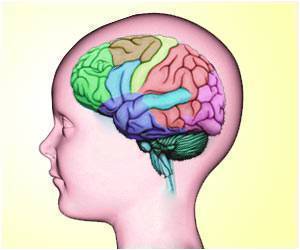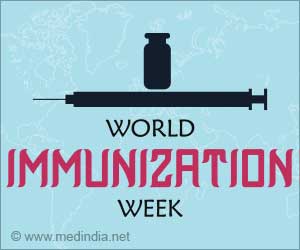Highlights
- Drinking alcohol early in the pregnancy can increase the risk of Infant Abdominal Abnormality development.
- The infant abdominal abnormality - gastroschisis is a condition in which a baby's intestine are formed outside the abdomen.
- Poor maternal nutrition, environmental exposure and vasoactive stimulants (drugs that can either raise or lower blood pressure) are also some of the other potential risk factors for gastroschisis.
The period that was set for the study was from September 2010 to June 2012, during which 38 cases of gastroschisis were diagnosed. Thirty cases were included in the analyses, with 76 control cases.
Among the cases observed, there were no links found in either group between the use of illicit, prescription or over-the-counter drug use and gastroschisis. Diet and environmental exposures also did not seem to be risk factors.
Use of alcohol in mothers one month prior or early in the pregnancy showed a significant increase in odds of the condition (36.7 percent in cases of gastroschisis versus 18.4 percent in the control group).
Babies born with this abnormality are at risk for other anomalies in the gastrointestinal and other organ systems.
"Cases of gastroschisis have been on the rise worldwide for 30 years," Dr. Ricci Goodman said. "It's important to understand why this trend is happening and develop measures to prevent it."
- Jean R. Goodman, Jennifer D. Peck, Alessandra Landmann, Marvin Williams & Andrew Elimian.An evaluation of nutritional and vasoactive stimulants as risk factors for gastroschisis: a pilot study, Journal of Maternal-Fetal and Neonatal Medicine (2018).https://doi.org/10.1080/14767058.2018.1433657
Source-Medindia
















